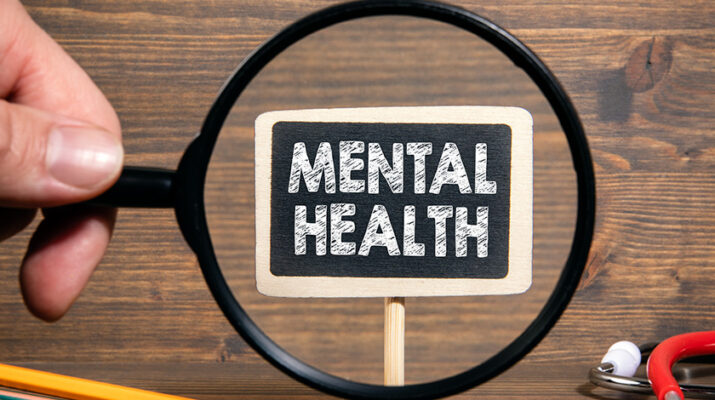By Deborah Jeanne Sergeant
Pandemic adjustments, economic difficulties, school violence, racial tension: a lot of big issues have caused some major upheavals in the lives of American families.
The stress from these challenges affects children’s mental health. As they return to school, that additional stressor may cause some to manifest mental health issues.
Andrea Lighthouse represents the New York Association of School Psychologists and is a school psychologist in the Penfield Central School District. She believes that the pandemic has affected children’s ability to self-regulate their behavior.
“During the shutdown and subsequent year to year and a half, they didn’t have those typical social interactions with their peers,” she said. “Kids missed out on some important opportunities to navigate disagreements, experience reciprocation in play and navigate those social situations.”
These social “lessons” are not necessarily taught in the classroom but are caught on the playground, in the lunchroom and in the hallway. Younger children missed absorbing these behavioral and social “rules.” As a result, they may act inappropriately to social situations they encounter at school.
“A huge piece I’m seeing is the emotional impact, too. Kids are struggling with managing frustration, persisting when things get tricky with academic tasks. With school being interrupted, they missed those opportunities when things get hard. They missed some emotional regulation,” she said.
As a result, Lighthouse said that teachers are more explicitly teaching these principles to their classes.
Current events can cause anxiety about returning to school. Fearing violence, bullying, or becoming ill from COVID-19 can cause some children to not want to attend school. Thankfully, there are treatments for anxiety that may help children overcome their fears or learn how to manage their anxiety.
“School avoidance, if you catch it early, we can fix it quite quickly and easily,” Lighthouse said. “The longer it goes on, the harder it can be to turn around.”
It may seem like knowing all about a topic would help children feel safer. However, the opposite can happen.
While sensible caution is warranted, children should not have so much information that they obsess over what could happen.
“As a parent, you have to figure out the most amount of information to give them they can manage,” Lighthouse said. “Always be honest and clear but not give them more information than what they can handle.”
It also helps for children to feel a sense of predictability with a printed schedule. Consistent bedtimes, mealtimes and other home routines help children know at least in part what to expect. Lighthouse also recommends children have sufficient “down time” for craft, free play, creativity, going outdoors and pleasure reading to “work through stressors they have.
“When school starts up, there’s a change in routine,” Lighthouse said. “It’s normal for kids to regress those first few weeks of school, as they might be more emotional. Recognize that can be normal. Schedule in time with your child to do something together, maybe 10 minutes playing a game or reading a book. Do something you enjoy together.”
She encourages parents to let their children’s school know about any updates of stressors at home or other concerns a child may have and seek help from the school’s mental health professionals as needed.
Kenneth Shamlian, clinical psychologist at University of Rochester Medical Center in the division of developmental and behavioral pediatrics, wants parents to talk through their children’s fears with a worst-case scenario roleplay exercise, such as if a bully follows them, what will they do next? Or if their school is shut down from a new COVID-19 outbreak, how will they learn at home?
“Obviously, talking with teens is different than younger kids,” Shamlian said. “With younger kids, you need visual ways to help them understand the big picture. Maps, decision trees, stories with pictures, and putting up a visual schedule so they can know what to expect and come back to it. They’ll feel they have a sense of control.”
It may seem like current stressors will cause lasting repercussions for children, but that is not necessarily so.
“Kids are amazingly resilient,” Shamlian said.

